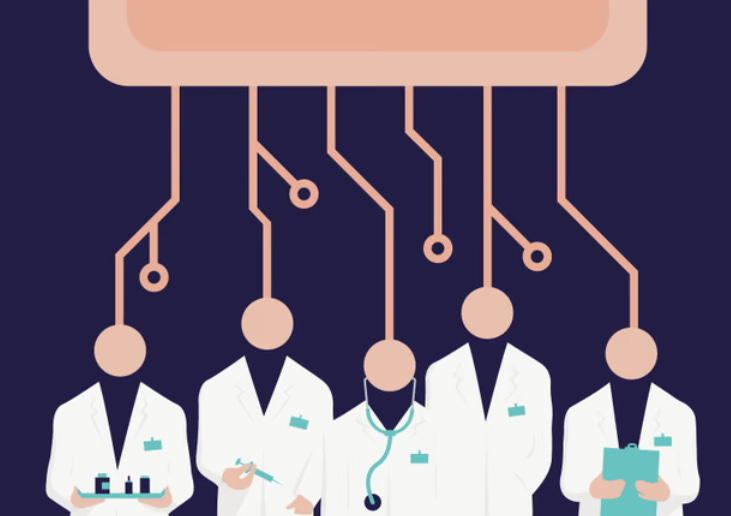AI devours medical data at lightning speed, 24/7, with no sleep and no bathroom breaks. Where doctors vary in unwanted ways, AI is consistent. And while these tools make errors too, it would be churlish to deny how impressive the latest models are, with some studies showing they vastly outperform human doctors in clinical reasoning, including for complex medical conditions.
AI’s superpower is spotting patterns humans miss, and these tools are surprisingly good at recognising rare diseases – often better than doctors. For example, in one 2023 study researchers fed 50 clinical cases – including 10 rare conditions – into ChatGPT-4. It was asked to provide diagnoses in the form of ranked suggestions.
It solved all of the common cases by the second suggestion, and got 90% of the rare conditions by the eighth – outperforming the human doctors used as comparators.
Patients and their families are increasingly recognising these benefits. One child, Alex, saw 17 doctors over three years for chronic pain – none could explain his symptoms.
Desperate, his mother turned to ChatGPT, which suggested a rare condition called tethered cord syndrome. Doctors confirmed the diagnosis, and Alex is now receiving proper treatment.
Read more | THE GUARDIAN

